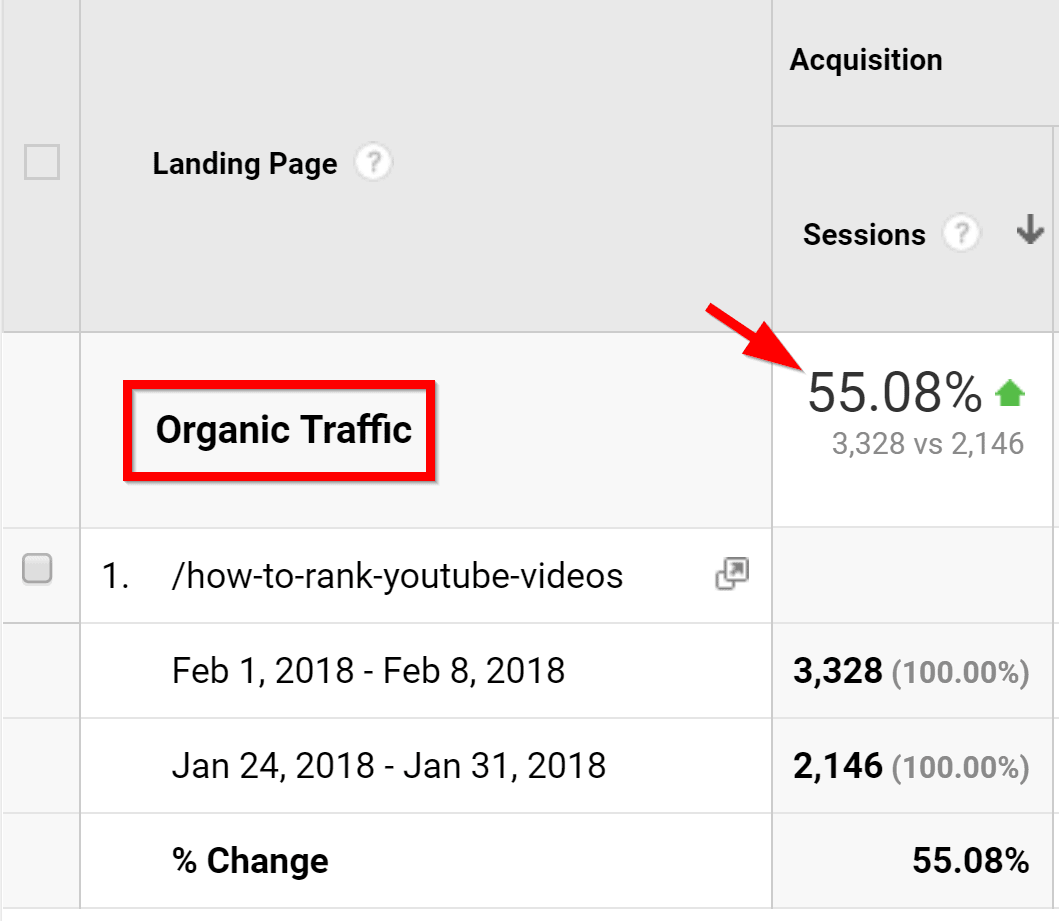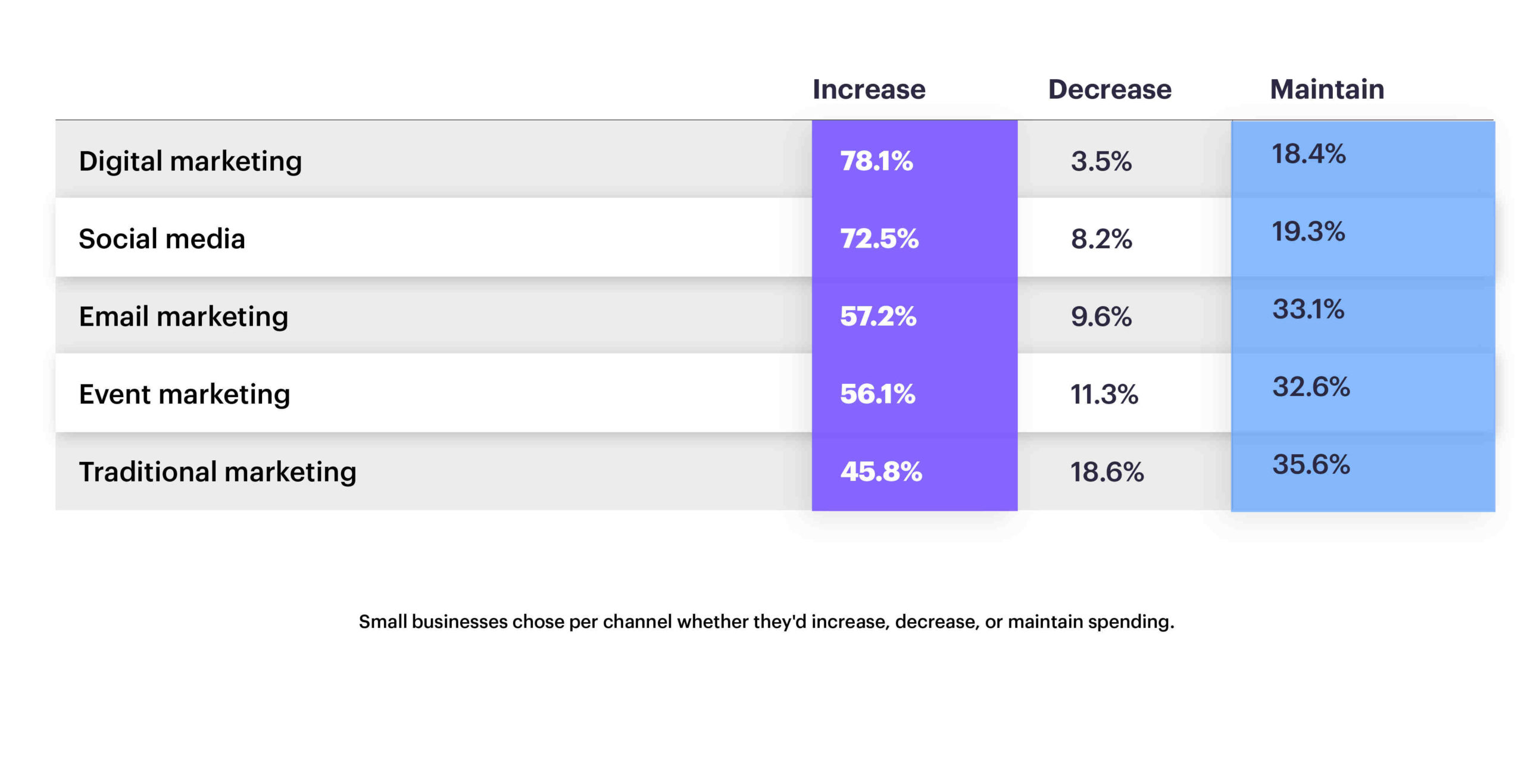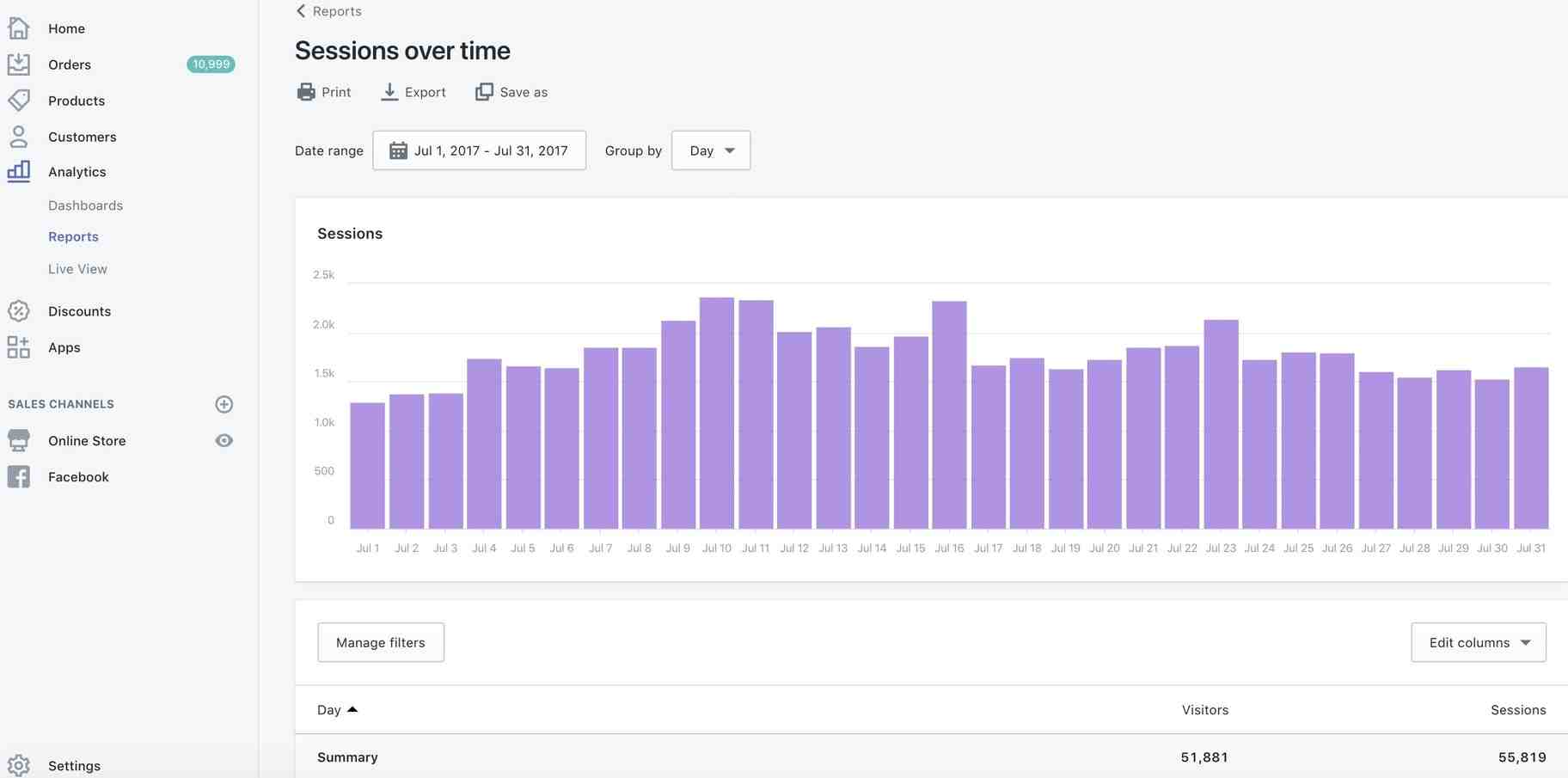The opinions expressed by the Entrepreneur contributors are theirs.
Managing SEO for small businesses can be more critical than SEO for large brands competing for the top spot on the SERPs. Since this is an issue, the ideal approach is to focus on organic position hacking that will increase web page visitors and sales.
These are eight hacks that will improve your small business SEO.
Contents
- 1 1. Optimize your website for SEO
- 2 2. Create a content strategy for your small-to-medium enterprise (SME)
- 3 3. Choose and target specific keywords
- 4 4. Get active and passive links
- 5 5. Launch a local SEO strategy
- 6 6. Avoid traffic losses with all your might
- 7 7. Stay up-to-date on new SEO strategies for small businesses
- 8 8. Leave your SEO strategy in good hands
1. Optimize your website for SEO

If your web pages are not optimized well at the SEO level on the page, it will be more difficult to place them correctly for the terms you want to rank for in search results.
What does page SEO mean? Focus your attention on this checklist:
Make sure all your links are HTTPS
Check to make sure that there is only one version that can be browsed
Test and remove unrelated content
Enable caching, modification, and data compression
Check for potential index blocks
List your site in the Google Search Console web tool
2. Create a content strategy for your small-to-medium enterprise (SME)

For content to maximize the SEO impact of your SME, it is important to set goals to provide quality content (i.e. tangible value for users). In the case of small businesses, the need to offer added value with your content is huge.
Put yourself in the shoes of your target audience and answer your questions, problems, and doubts with how -to guides, useful videos, in -depth ebooks, and more that have a place in a successful content strategy.
3. Choose and target specific keywords

To position your small business web pages effectively, it is very important to stand out from the competition.
Large companies such as Tripadvisor are able to miss common keywords such as “travel” and easily forget more specific ones without any problems. This is not a problem for small businesses. Small businesses need to choose long-tail and more specific keywords.
Following the example of the travel sector, you can create content on specific travel plans that target specific keywords, such as “charming cities in California for kids to visit.” You can also generate certain valuable information for users who travel, such as “vintage fashion stores in New York,” or bet on exclusive content such as “interviews with chefs from the best restaurants in Paris.”
Large companies often prefer not to compare themselves with the competition. But when we talk about SEO strategies for smaller companies, analyzing the competition can be much more useful to learn more about the industry alone and what is expected by the audience from you. Look into your competitors ’keywords to get some inspiration, match them, or eliminate them. From there, create your own keyword study to establish your content plan.
Related: How to Identify the Best Long-Tail Locks
4. Get active and passive links

In addition to adding value to users, creating top content will help you generate passive links.
To stand out and attract attention for shares and links, you can include multiple formats such as multimedia content, infographics, podcasts, interviews, tutorials, and guest articles in your content strategy. There are also many opportunities to improve the position offered by link building or active generation of links.
Some ideas for building links for small businesses include press releases, business directories, and generating content as a guest on third party blogs.
Not all links are ideal. Focus on:
Links that come from web sites that are related to the theme of your site and your keywords. And of course, the higher the authority of the web page, the better.
Links that point to your web pages in a natural way, provide helpful information for users.
Links that occur because your content is inappropriate. Put special care into the content you produce and think viral; in short, create attractive content that you want to share with third parties.
Don’t forget to set up an appropriate internal link strategy as well.
5. Launch a local SEO strategy
SEO for small businesses with physical headquarters becomes more robust if it includes a local positioning strategy, meaning keywords and location. This powerful tool will bring traffic to your store because users who do this type of search like a specific product or service and prefer it in a specific location.
Local positioning strategies depend heavily on the Google My Business tool, so don’t forget to create your GMB account.
Related: Local SEO, Had for Today and Tomorrow
6. Avoid traffic losses with all your might
SEO depends on many variables, and it is very important to know them well to analyze and track updates and changes. You thought you couldn’t keep track of all algorithm updates, but there should be those who can.
Failure to keep track of all changes in Google’s algorithms (and modify your web pages accordingly) can result in a severe decline.
7. Stay up-to-date on new SEO strategies for small businesses
To compete with the big boys, you can’t let your SEO strategy be anchored in the past; it should always be fresh and adapted to possible changes in search engine algorithms and new trends.
Don’t be shy of trends such as local SEO, voice or image search, positioned on Amazon and Google Shopping, or other SEO tools that are available that you can use to boost your business, such as Google Trends.
Related: 7 Ways to Use Google Trends for SEO
8. Leave your SEO strategy in good hands
Can you call an SEO expert? Thought not. As mentioned before, you need to monitor all changes and updates in the Google algorithm. The same goes for having a professional manage all your SEO efforts.
Even if your business is small, you can only benefit from hiring an SEO specialist in the long run. Thanks to working remotely, you can work online and outsource these tasks properly without the cost of additional employees.
